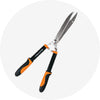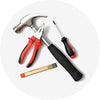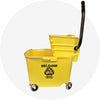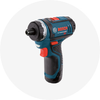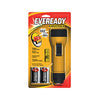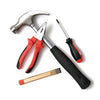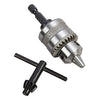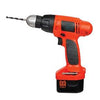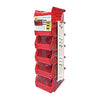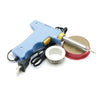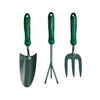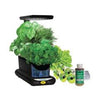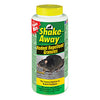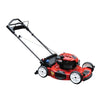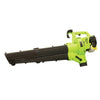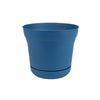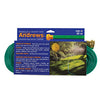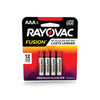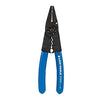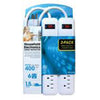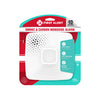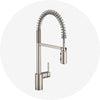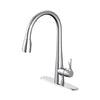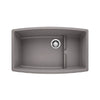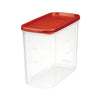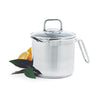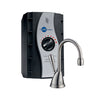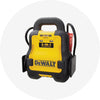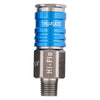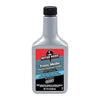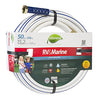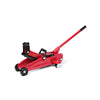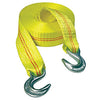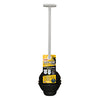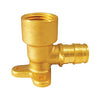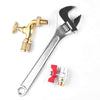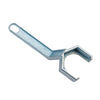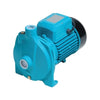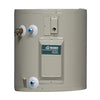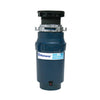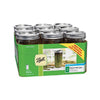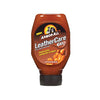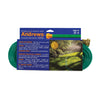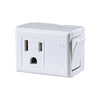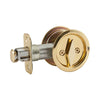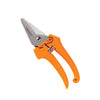Follow these tips to start a landscaping business
∙ min read

If you are an enthusiastic gardener who has decided to take the leap towards professional independence, you are in the right place. This article is specially crafted for gardeners like you who dream of turning their knowledge into a thriving business ready to provide professional services. From essential tools to entrepreneurial strategies, you will learn the fundamental aspects to consider as you take your first steps in business. Get ready to cultivate your path to success as you transform your passion into a prosperous venture.
According to Forbes, one of the first steps you should take is to create a business plan. It doesn't need to be complex, but you should narrow down your areas of focus, for example:
-
Service areas
-
Types of services offered
-
Specializations
-
Marketing strategies
-
Necessary team members and budget considerations
As for this last point, here is a list of essentials to consider starting your business.
Essential gardening equipment
1. Digging tools
-
Digging tools: essential for breaking up and turning soil, preparing planting beds, and digging holes for planting. Tools like spades and trowels are handy for precision work.
-
Shovels: useful for moving more significant amounts of soil, digging trenches, and transferring materials such as compost or mulch. They come in various shapes and sizes to accommodate different tasks.
-
Rakes: ideal for leveling soil, removing debris like leaves and twigs, and spreading mulch. Different rakes serve various purposes, from garden rakes for light debris to thatching rakes for lawn maintenance.
-
Wheelbarrows: facilitate the transportation of heavy materials like soil, mulch, or plants around the garden, reducing strain on the gardener.
-
Pruning tools are essential for maintaining plant health and shape. Pruners, loppers, and pruning saws help remove dead or overgrown branches, promoting proper growth and flowering.
-
Watering and irrigation supplies are vital for providing plants with the necessary water. Hoses, watering cans, and irrigation systems ensure consistent and efficient watering, promoting optimal growth.
-
Work gloves: protect hands from blisters, thorns, and irritants while handling soil, plants, or sharp tools. They also provide a better grip.
-
Noise-canceling headphones: guards against the loud noise produced by tools like chainsaws, lawnmowers, and leaf blowers, protecting the gardener's hearing during prolonged use.
-
Waterproof, slip-resistant work boots: essential for keeping feet dry and stable, especially when working in wet or slippery conditions.
-
Safety glasses: protect the eyes from debris, dust, and potential hazards using tools like chainsaws or trimmers.
-
Chain saws: essential for cutting down larger trees, removing dead branches, or shaping trees.
-
Lawnmowers: used for cutting grass at an even height, giving the garden a neat and well-manicured appearance.
-
Leaf blowers: employed to clear fallen leaves, debris, and grass clippings from lawns, pathways, and other garden surfaces.
-
Hedge trimmer: used for shaping and maintaining the size of hedges and bushes.
-
Lawn aerator: is used to perforate the soil with small holes, allowing air, water, and nutrients to penetrate the grassroots.
-
Herbicides and pesticides (ensure compliance with local regulations): used carefully and in compliance with local regulations. They help control pests and weeds, ensuring the health of the plants.
-
Plant food and fertilizers: essential for providing plants with the necessary nutrients for growth and development.
-
Quality potting soil and substrate: ensure proper drainage and aeration for potted plants, promoting healthy root development.
-
Seeds are the starting point for growing new plants, allowing for the cultivation of a variety of flowers, vegetables, and herbs in the garden.
Consider the need for a vehicle or trailer to move equipment and materials. Advertising is crucial to promote your business; start with business cards, flyers, or promotional brochures. Establish an online presence through a website and social media to showcase your services.
Another essential part is setting your rates to ensure your services are competitive, fair, and profitable.
Some steps you can follow to determine your rates
-
Research local competition and consider economic and demographic factors.
-
Determine operating costs, including tools, equipment, fuel, materials, insurance, and other business-related expenses.
-
Calculate a base rate considering the time required for various tasks.
-
Justify higher rates if you have extensive experience, certifications, or specialized training.
-
Account for the complexity and effort required for each job.
-
Explore offering service packages covering various gardening tasks.
Ensure your rates are clearly communicated on your website, promotional materials, and social media. Finally, adhere to state regulations, register your business, obtain a tax identification number, and invest in liability insurance to protect your business from accidents or damages.
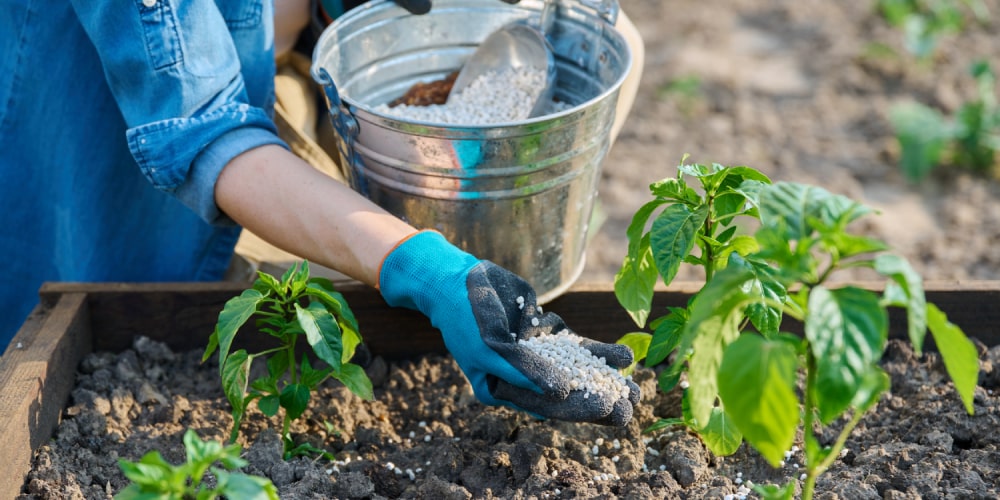
Max Warehouse is the ideal partner for your new venture.
We assure you that on our website, you will find efficient solutions at competitive prices; that's why we invite you to check out our blog, where you'll discover more tips for professionals. Also, explore our extensive product catalog.
We offer landscaping supplies at wholesale prices, and you can take advantage of these special rates by joining our Max Pro program, designed for professionals and entrepreneurs like yourself. Other benefits we provide include:
-
Pro pricing applied at checkout & vendor negotiated discounts for large orders.
-
Personalized business shopping experience from start to finish with your account manager.
-
We allow your business to reduce shipping costs by utilizing space and resources more efficiently.
-
Qualified businesses that meet all the requirements can take advantage of tax exemption.
Max Warehouse is the perfect ally for your business!
Boost your business with wholesale landscaping supplies.
Sources:
- https://www.forbes.com/advisor/business/how-to-start-a-landscaping-business/






